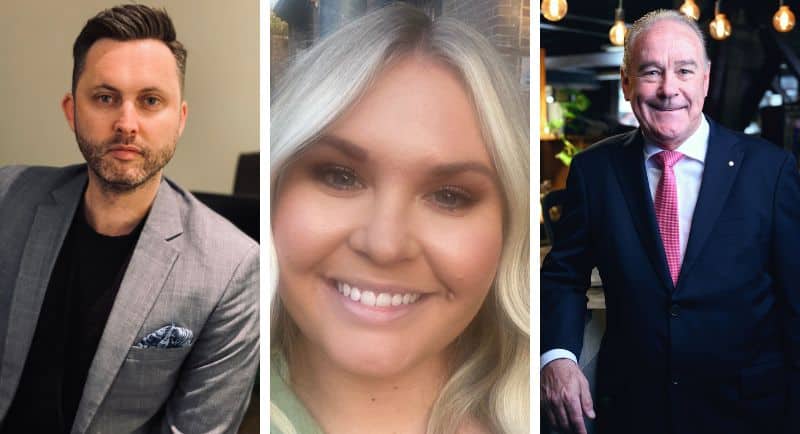Victorian Premier Daniel Andrews shocked Australia with the cancellation of the Victorian Commonwealth Games last week.
Andrews cited the budget constraints as the reason for his decision, noting that the original budget of $2.6 billion had blown out to at least $6 billion.
This decision impacts not only the athletes preparing and training for the event, Victoria’s infrastructure planning but also advertisers and marketing planning campaigns surrounding the Games.
Mediaweek reached out to media buyers – Daniel O’Brien, managing director at Frontier Australia, Katherine Pochroj, group marketplace director at EssenceMediacom and Barry O’Brien OAM, founder and chairman of Atomic 212° – to get their thoughts on the cancellation and what it means for them and their respective agencies.
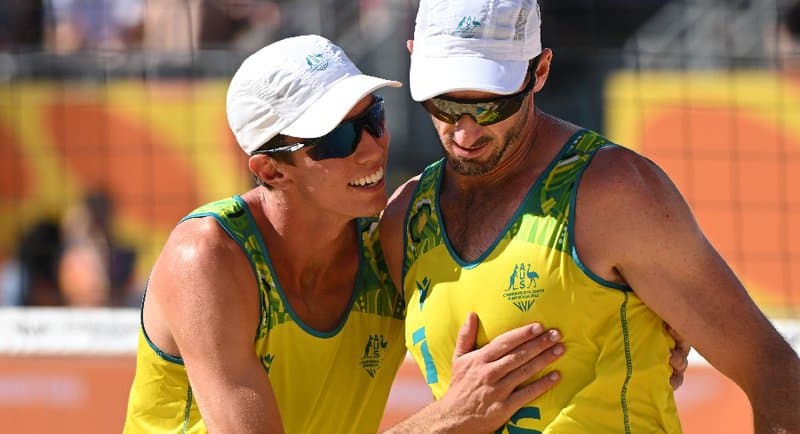
2022 Birmingham Commonwealth Games
Mediaweek: What was your initial reaction to the cancellation of the Victorian Commonwealth Games – from both a spectator and advertiser perspective?
Daniel O’Brien: “As a spectator, my initial reaction was a mix of confusion and disappointment. Ultimately, I found myself thinking, ‘How could this happen?’ Overall, it’s pretty embarrassing for our country on a global stage. But the bigger question is, will the Comm Games live on… or not? From an advertising perspective, I would suggest that sentiment is similar.”
Katherine Pochroj: “As a spectator and sports fan, I’m disappointed for the athletes and what the loss of the games means for a cultural moment for Australia. I remember the Sydney 2000 Olympics and how generation-defining it was.
“To lose that for the next generation is sad. However, the economic impact of the games on Victoria would have been challenging. From an advertiser’s POV, the breakthrough power of cultural moments can’t be understated.
“Look what’s happening now for the FWWC and how powerful the advertising we are seeing from the likes of Coca-Cola, Adidas, and so many other brands are. That kind of exposure through experience-led marketing is tough to emulate outside of events like FWWC or Commonwealth Games.
Barry O’Brien: “I initially thought it was a bad joke, I didn’t assess the news as a media or marketing, but as an everyday Aussie. I thought the decision was very un-Australian and would impact a lot of people, including the athletes and the many people in the regional Victorian communities where the Games were going to be staged – builders, small business owners, volunteers, restaurant and accommodation owners, taxi, and Uber drivers and so on.”
“An opportunity has been lost here to showcase a great part of our beautiful country while at the same time upgrading facilities and infrastructure for future generations.
“What message does Dan Andrews’ decision send to the rest of the world? If I were a sport organiser, I’d now be wondering if Victoria – and, by extension, Australia – can keep its promises and stage an event.”
MW: What does the cancellation of the commonwealth games mean for the media buyers and the industry?
DO: “Given recent noise and negativity surrounding the Comm Games and the uncertainty that still surrounds it moving forward, this will likely filter through to an overall hesitance from brands to dive in on this specific asset down the track.
“However, I think most media buyers and marketers know that the issue is somewhat isolated to the Comm Games itself, and this shouldn’t impact investment into other assets/large-scale events moving forward.”
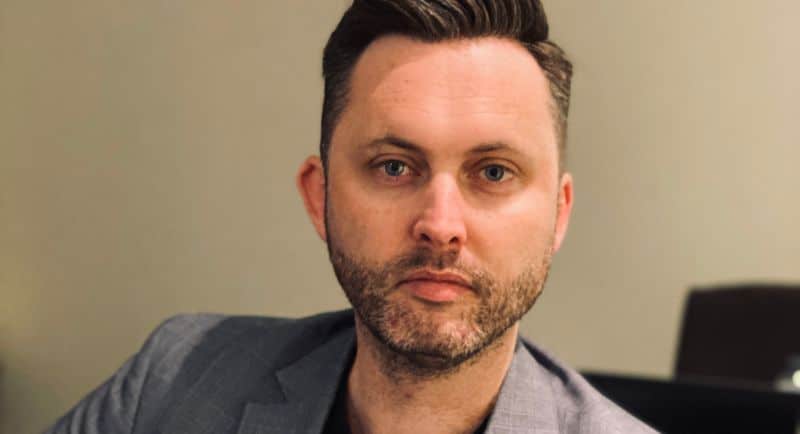
Daniel O’Brien
KP: “It’s an opportunity to open those allocated budgets to do something truly breakthrough. It sucks for the athletes & sponsors, but as buyers, we shouldn’t look at the cancellation as a bad thing but as a reflection on Daniel Andrews’ message of ‘when the cost doesn’t meet the reward, should we do it’?
BO: “It’s a big-ticket sporting event one of which we would have supported as it generally rates extremely well because we win or perform well, and it showcases upcoming athletes…but we will find alternative programs to advertise in.”
MW: How does the cancellation impact your agency, and how do you plan to navigate the setback?
DO: “Beyond any early broadcast sponsor discussions that may have been in play or brewing in the background, I don’t think the cancellation represents any major disruptions to our business or that of our clients.”
KP: “I don’t think we should look at it as a setback. It’s an opportunity to go back to the drawing board on what the breakthrough insight is, and the reason advertisers want to align with the games in the first place.
“We’ve moved past the traditional sponsorship model that relies purely on cultural events as an anchor point for our plans and the cancellation of the games in Melbourne is just another example of why traditional plans are just that, traditional.”
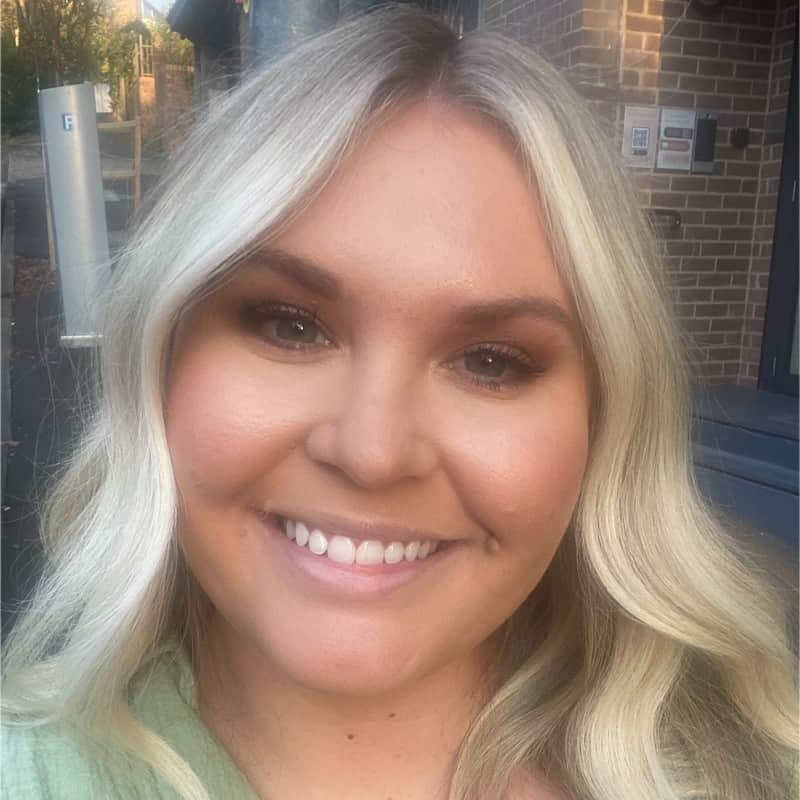
Katherine Pochroj
BO: “No real impact, as we will find alternative programming and opportunities to support.”
MW: Does the cancellation of the Victorian Commonwealth Games affect your confidence surrounding any other upcoming major events?
DO: “Not at all. I think most of us are aware that this is an unusual set of circumstances, and most events at this level tend to stay on the schedule.”
KP: “Not at all. I’m not one bit nervous. This is a unique situation, and the decision was made because the economic consequences of hosting the games would have put pressure on the state’s economy.
“Confidence is strong in major events – the Women’s World Cup is a case in point. Olympics chat is already on fire with advertisers and agency folk at EssenceMediacom already talking about the potential breakthrough opportunities there are with Nine’s rights acquisition.”
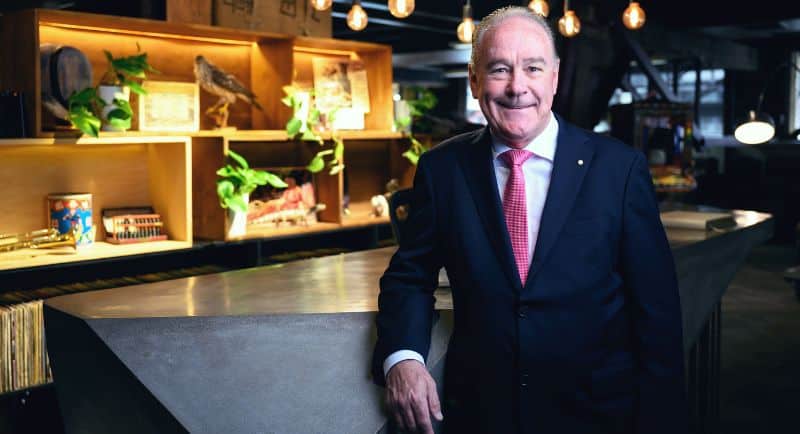
Barry O’Brien
BO: “Not at all. I’m confident that other state governments and bidding committees will do their homework thoroughly before locking in bids, as opposed to the debacle that the Victorian Government has created.
“Look at the FIFA Women’s World Cup in Australia and New Zealand now: it is a fantastic event and has the whole world watching. The Victorian Government’s failure to deliver the Commonwealth Games is a very unfortunate exception.”
–
Top image: Daniel O’Brien, Katherine Pochroj and Barry O’Brien
